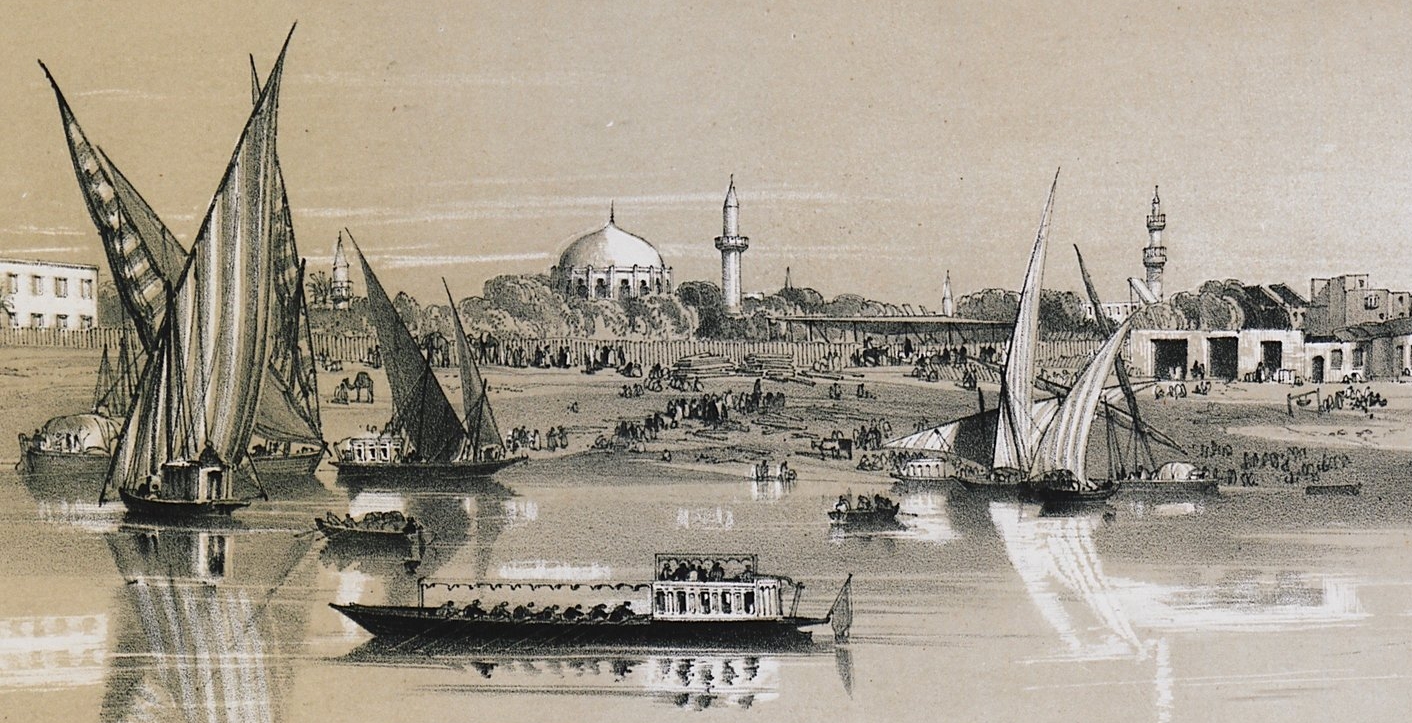30: The Case of Alaa al-Aswany
We talk about the career of the best-selling Egyptian novelist Alaa al-Aswany – who like many other artists is on the outs with the country’s military regime now. Also, about Shakespeare productions and censorship in Gulf countries; and book reviews in the age of online algorithms and the culture of positivity.
Show notes
At the end of February, Youm7 reported that a lawyer submitted a complaint to the Prosecutor-General (No. 2697 of 2019) against Egyptian novelist Alaa al-Aswany, in which he accused the author of The Yacoubian Building and The So-Called Republic of spreading false news, as well as cynicism and ridicule of the state’s leaders on social media. This story spread and, in mid-March, Mesreyoun reported that a lawyer had filed a complaint with the military prosecutor. It’s still unclear what’s happening; the NGO ANHRI has asked whether political “hesba” lawsuits can now be filed in military courts; there has not yet been an official answer. Thanks to TIMEP for assistance in sorting all this out. (Back in 2013, Al Aswany, like the vast majority of Egyptian artist and intellectuals, justified violence against members of the Muslim Brotherhood and supported their overthrow.)
The actors Amr Waked and Khaled Abol Naga have been prosecuted and smeared recently for speaking out against Egyptian government repression.
Ursula’s “heart-breaking” interview with Sonallah Ibrahim was published in Mada Masr in 2013.
Palgrave Macmillan published Katharine Hennessey’s Shakespeare on the Arabian Peninsula in 2018.
And in the last issue Harper’s Christian Lorentzen writes about the art of criticism in the age of algorithms, in “Like This or Die.”







